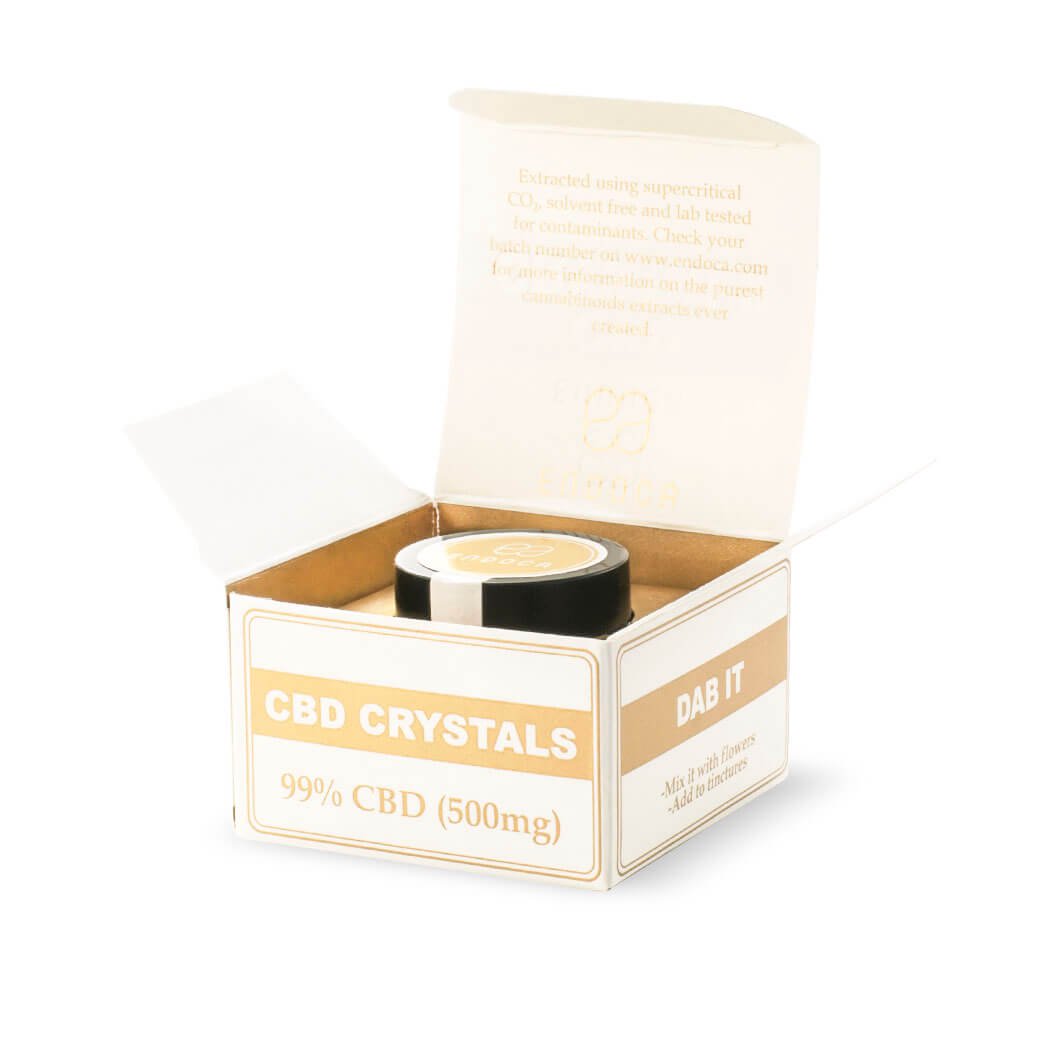Leisurely vs. Medicinal: The Benefits of Cannabis Use
Marijuana and CBD products have seen a surge in popularity in the past few years, sparking a heated discussion about their role in society. As more states and countries relax regulations surrounding these products, a growing number of people are beginning to explore their potential benefits. Grasping the distinctions between leisure and therapeutic use is crucial for understanding this changing field. While certain individuals embrace cannabis for its capacity to enhance leisure, some individuals seek its therapeutic benefits for relief from various ailments.

The advantages of cannabis and CBD products extend beyond mere recreation. Numerous users have reported favorable effects on conditions such as anxiety, chronic pain, and insomnia. As research continues to uncover the complexities of these substances, the line between recreational and medical use fades, revealing that each aspects can play a important role in enhancing quality of life. This article will explore the many advantages associated with cannabis and CBD, emphasizing how they can be integrated into daily life for individuals’ enjoyment and health.
Grasping Cannabis and Cannabidiol
Cannabis is a species that has been used for hundreds of years for multiple purposes, including medicinal, leisure, and industrial uses. It contains more than a hundreds of compounds called cannabinoids, the predominantly well-known being THC and cannabidiol. THC is primarily responsible for the psychoactive effects that users often link with the leisure use of cannabis. In contrast, CBD, is not psychoactive and has gained popularity for its potential health benefits.
CBD products have seen a increase in popularity due to their reported effectiveness in managing a range of health issues, such as discomfort, nervousness, and inflammation. Unlike THC, cannabidiol does not produce a high, which makes it appealing to those who desire relief from ailments without the mind-altering effects associated with cannabis use. Many people opt for CBD oils, food products, and lotions as substitute treatments, which has helped the growing embrace of marijuana in different societies.
Understanding the differences between marijuana and cannabidiol products is essential for consumers. While both compounds come from the identical plant, their effects and advantages can vary significantly. Leisure users might prioritize THC for its euphoric effects, but medical users often prefer cannabidiol for its potential health benefits. This distinction helps individuals make informed decisions based on their personal needs and preferences.
Leisure Benefits of Marijuana
Many individuals seek out cannabis for its recreational benefits, frequently seeking calm and enjoyment. The psychoactive properties of THC can improve sensory perceptions, making activities like enjoying music, watching movies, or engaging in creative pursuits more enjoyable. Users often report feelings of euphoria, which can help reduce stress and provide a temporary escape from daily life, fostering a feeling of happiness and well-being.
Social engagement are a further area where cannabis can have a positive role. Using cannabis products with friends can create a communal atmosphere, encouraging laughter and dialogue. In group situations, cannabis may help to reduce social anxiety, allowing individuals to feel more at ease and receptive. This can enhance bonding experiences, creating a nurturing environment for camaraderie and fun.
Additionally, cannabis can encourage a greater appreciation for nature and the outdoors. Many users discover that cannabis heightens their awareness of the environment, making activities like hiking, gardening, or just sitting in a park more rewarding. The fusion of natural settings and cannabis use can lead to a deeper connection with the world around, encouraging moments of introspection and joy that improve overall life satisfaction.
Medical Advantages of cannabidiol
Cannabidiol, or cannabidiol, is a compound sourced from the cannabis plant that has attracted notable attention for its potential health advantages. One of its most notable therapeutic advantages is its ability to ease anxiety and tension. Research show that CBD interacts with the body's endocannabinoid system, helping to balance mood and promote a feeling of peace. This has led many patients to explore CBD as a organic alternative to conventional anti-anxiety medications, with fewer side effects and a reduced risk of dependency.
Another area where CBD shows prospects is in ache management. Numerous researches show that CBD has inflammation-reducing properties, making it helpful in treating disorders such as inflammation, long-term pain, and even migraine headaches. By targeting pain areas and inflammation pathways in the body, CBD may provide comfort without the negative effects usually associated with medicated painkillers. This has unlocked the door for its use as an alternative treatment method for those seeking to cope with their pain more holistically.
Furthermore, CBD is gaining recognition for its promising benefits in enhancing sleep health. Many patients struggle with insomnia and other sleep issues, often turning to pills with various side effects. CBD has been documented to support better sleep by addressing underlying issues such as anxiety, tension, and aches, thus enabling for a more tranquil night. As studies goes on to explore its effects on sleep cycles, CBD is becoming a preferred solution for those looking to enhance their general sleep well-being.